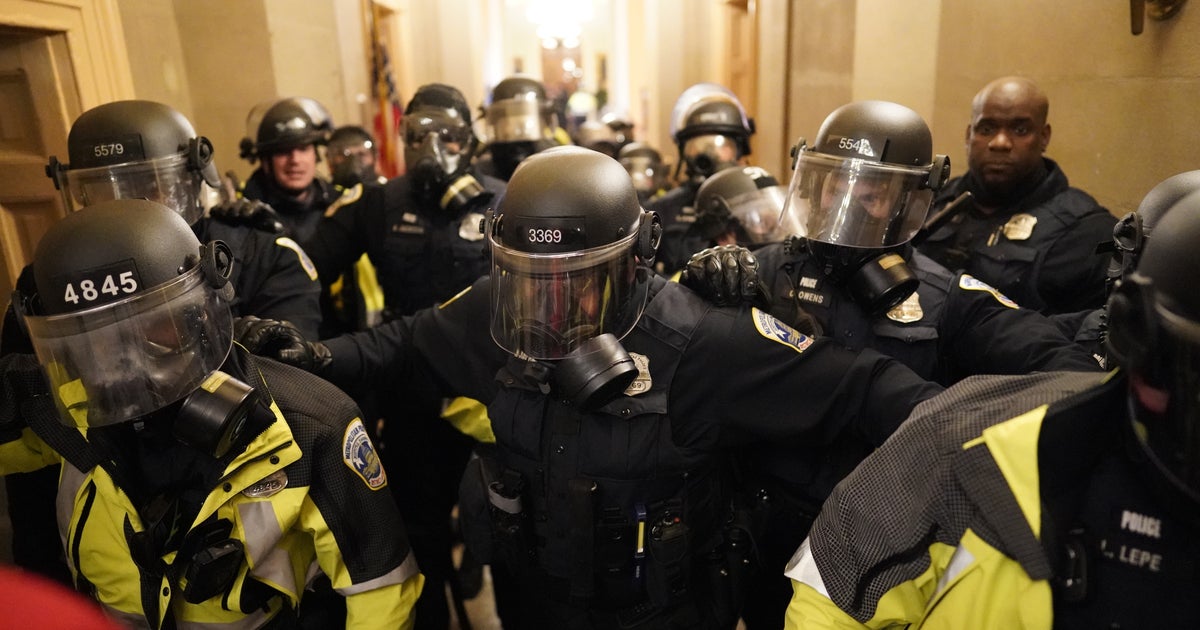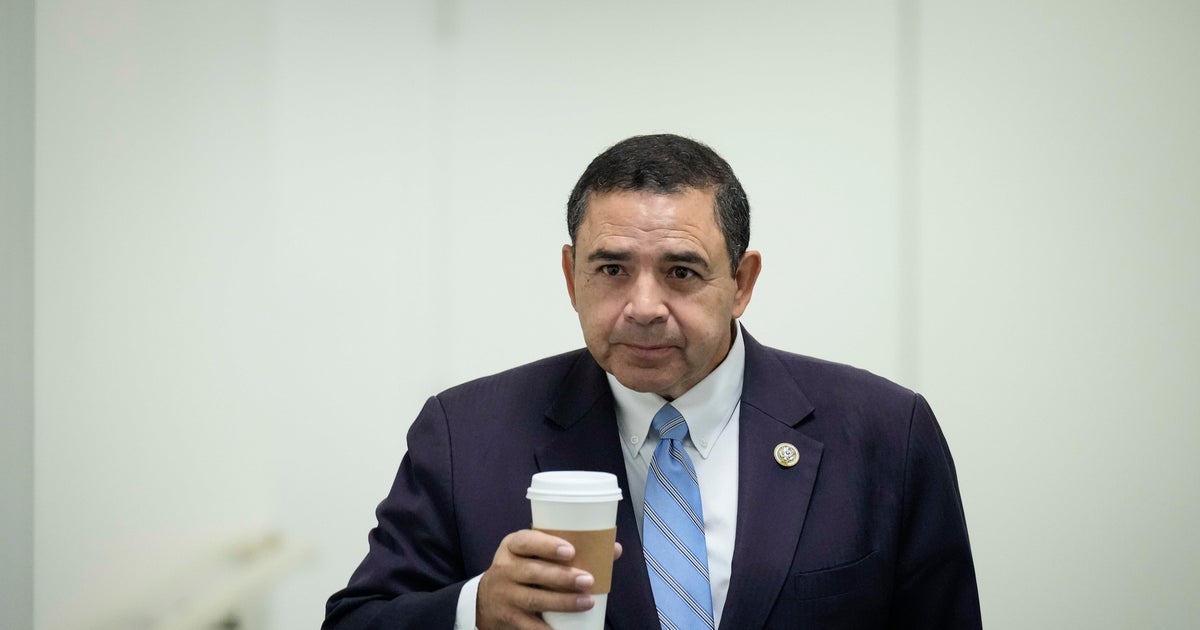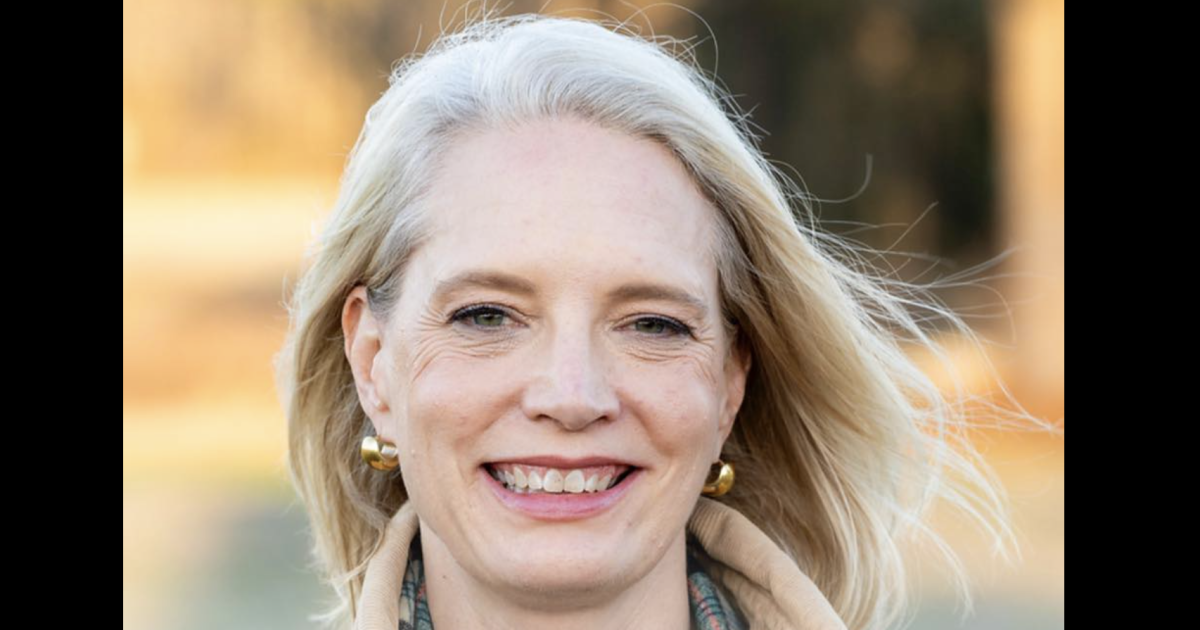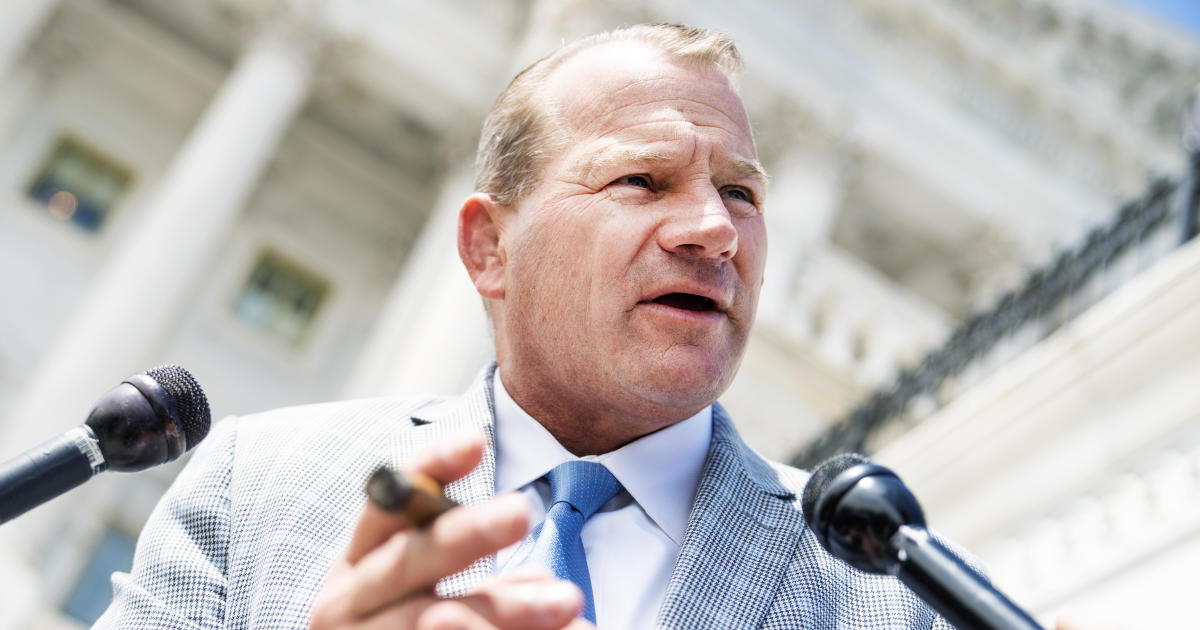Wisconsin court hears arguments on moving April 7 primary
A federal court in Wisconsin heard arguments Wednesday about whether the state's April 7 primary should be delayed because of the coronavirus or take place as scheduled on Tuesday. Wisconsin faces substantial challenges in conducting its primary because of a major shortage of poll workers and a record number of absentee ballot requests.
During closing arguments in Wednesday's hearing, U.S. District Judge William Conley indicated that it's not his place to change the election date. He criticized Wisconsin's governor and legislature for not taking action, especially after other states have moved primary elections due to the coronavirus pandemic and cases continue to climb in Wisconsin.
"The situation is that this is a public health crisis that the state legislature and the governor have refused to accept as severe enough to stop this statewide election," Conley said. "I don't see a basis on which I stop this albeit very risky decision by the state of Wisconsin."
Last Friday, Governor Tony Evers called for all registered voters to be mailed absentee ballots, and allowing them to be postmarked up until election day, but Republican leaders in the legislature have dismissed the idea.
Conley did signal that he may ease some requirements for absentee voting, which could include allowing absentee ballots to be postmarked up until Primary Day or extending the window for ballots to be received. Conley indicated that he may not make a decision on that until closer to Tuesday if it becomes more clear that returning ballots on time will be an issue.
During the hearing, Wisconsin Elections Commission (WEC) Administrator Meagan Wolfe admitted that it's possible some voters may not get ballots in time to vote because of possible postal delays.
The Wisconsin Elections Commission (WEC) reported on Wednesday that more than 1 million people have requested absentee ballots for the election. Just over 800,000 people cast absentee ballots in the November 2016 general election.
According to Wolfe, the U.S. Postal Service has said that First Class mail, which is how ballots are mailed, usually arrives within two to three days, but it can take up to seven days. Absentee ballots may be requested until Thursday, raising questions about whether some voters might not receive their ballots until after Primary Day.
"I think it's accurate to say that will occur for some," Wolfe said.
In the 2016 primary, Wolfe said about 5,500 absentee ballots were received after Election Day when 249,503 absentee ballots were issued. If that rate holds in 2020, more than 22,600 ballots could arrive after Primary Day, based on the number of absentee ballots issued to as of Wednesday morning.
A new Marquette University Law School poll shows just over half of registered voters in Wisconsin believe the primary should be held on a different date. Fifty-one percent of respondents said they'd like to see the election moved, while 44% said it should be held as scheduled.
A survey from the WEC said that as of Monday night, 60% of jurisdictions said they were short poll workers. One hundred eleven jurisdictions reported at that point that they didn't have the ability to staff even one polling site. Altogether, they're short nearly 7,000 poll workers.
During the court hearing, Wolfe said that the commission has been working with these communities to find ways to recruit poll workers. But if no poll workers show up at a jurisdiction, there are "training protocols" to "consolidate with a neighboring town," as well as people who could be on standby or other pools of workers available for communities to use.
The worker shortages have already caused a number of cities to consolidate polling locations. On Tuesday, Milwaukee announced that the city will have less than 10 voting centers on Election Day, compared to the 180 it usually has.
In a court filing, a Wisconsin government attorney said Governor Tony Evers is allowing the National Guard to help staff polling sites.
"Governor Evers has agreed to use members of the Wisconsin Army National Guard to assist as poll workers, but it is anticipated that the assistance of the National Guard will not satisfy all of the current staffing needs," said Wisconsin Assistant Attorney General Hannah Jurss. "The National Guard is currently determining how many personnel it can make available for each county."
On Wednesday, Bernie Sanders called for the primary to be moved.
"People should not be forced to put their lives on the line to vote, which is why 15 states are now following the advice of public health experts and delaying their elections. We urge Wisconsin to join them," Sanders said in a statement. "The state should delay Tuesday's vote, extend early voting and work to move entirely to vote-by-mail. While we wait for a decision, we urge our supporters to vote-by-mail."
The Marquette Poll shows Sanders trailing Joe Biden 62% to 34% among likely Democratic primary voters.
All the lawsuits regarding changes to the primary election have been consolidated; matters range from any delay of the primary to allowing absentee ballots to be postmarked up to Election Day, even if they're not received.
Wisconsin is the only state originally scheduled to hold a primary or caucus in April that is currently moving ahead with its in-person voting plans. Puerto Rico also moved its primary from March 29 to April 26.



